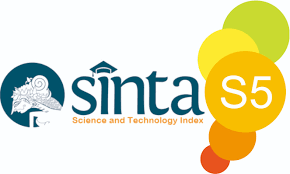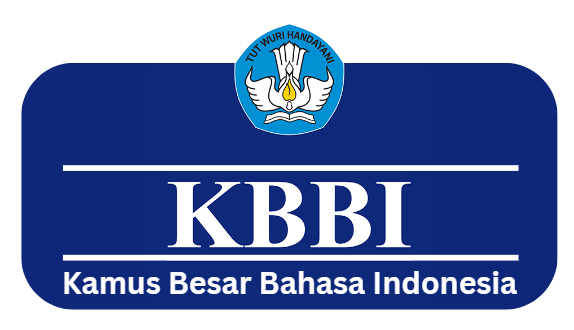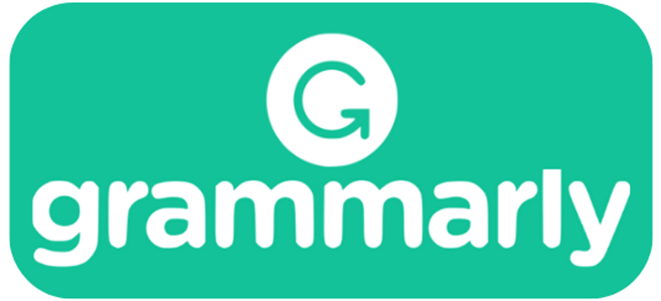Exploring Metaverse Integration in Education: A Case Study on Vocational School Teachers
Abstract
The metaverse, gaining attention especially in education, holds the potential to transform traditional teaching methods and improve educational outcomes by creating immersive learning environments. This study, focusing on integrating the metaverse into mathematics education at SMK Hasina in Sukabumi, Indonesia, reveals insights through a qualitative case study. Educators showed varied understanding levels influenced by interest and technological backgrounds. Acknowledging the metaverse's potential, educators affirm its ability to enhance interaction and accessibility in education. Recommendations propose extensive educator training and integration methods for the metaverse, emphasizing its promise in engaging students and reshaping teaching methodologies for diverse learning styles. While it promises dynamic learning experiences and global collaborations, comprehensive research is needed to understand its full potential and challenges. Educator education and broader involvement are vital for effective integration into educational settings, enhancing outcomes and inclusivity in learning.
References
W. Chen, J. Zhang, and Z. Yu, "A Bibliometric Analysis of the Use of the Metaverse in Education Over Three Decades," Int. J. Inf. Commun. Technol. Educ., 2023, https://doi.org/10.4018/IJICTE.322101
F.-Y. Wang, Y. Tang, and P. J. Werbos, "Guest Editorial: Cyber-Physical-Social Intelligence: Toward Metaverse-Based Smart Societies of 6I and 6S," Ieee Trans. Syst. Man Cybern. Syst., 2023, https://doi.org/10.1109/TSMC.2023.3243558
S. Park and S.-K. Kim, "Identifying World Types to Deliver Gameful Experiences for Sustainable Learning in the Metaverse," Sustainability, 2022, https://doi.org/10.3390/su14031361
Tlili et al., "Is Metaverse in Education a Blessing or a Curse: A Combined Content and Bibliometric Analysis," Smart Learn. Environ., 2022, https://doi.org/10.1186/s40561-022-00205-x
W. Suh and S. Ahn, "Utilizing the Metaverse for Learner-Centered Constructivist Education in the Post-Pandemic Era: An Analysis of Elementary School Students," J. Intell., 2022, https://doi.org/10.3390/jintelligence10010017
Q. Wang, L. Tang, and Y. Wang, "Potential Applications of the Metaverse in Higher English Education," Open J. Soc. Sci., 2023, https://doi.org/10.4236/jss.2023.111031
Muthmainnah, A. Al Yakin, and P. M. Ibna Seraj, "Impact of Metaverse Technology on Student Engagement and Academic Performance: The Mediating Role of Learning Motivation," Int. J. Comput. Inf. Manuf., 2023, https://doi.org/10.54489/ijcim.v3i1.234
L. Ren, F. Yang, C. Gu, J. Sun, and Y. Liu, "A Study of Factors Influencing Chinese College Students' Intention of Using Metaverse Technology for Basketball Learning: Extending the Technology Acceptance Model," Front. Psychol., 2022, https://doi.org/10.3389/fpsyg.2022.1049972
Asfarian, Y. Nurhadryani, F. Ardiansyah, I. Hermadi, and D. A. Ramadhan, "From Immersive to Metaverse: The Gap of Learning and Technology in Agriculture Education Application," J. Ilmu Komput. Dan Agri-Informatika, 2022, https://doi.org/10.29244/jika.9.2.127-136
K. Li et al., "When Internet of Things Meets Metaverse: Convergence of Physical and Cyber Worlds," Ieee Internet Things J., 2023, https://doi.org/10.1109/JIOT.2022.3232845
Zhou, "Building a Smart Education Ecosystem From a Metaverse Perspective," Mob. Inf. Syst., 2022, https://doi.org/10.1155/2022/1938329
Hofer, S. I., Nistor, N., & Scheibenzuber, C. (2021). Online teaching and learning in higher education: Lessons learned in crisis situations. Computers in Human Behavior, 121, 106789. https://doi.org/10.1016/j.chb.2021.106789
Almarzouqi, A., Aburayya, A., & Salloum, S. A. (2022). Prediction of user's intention to use metaverse system in medical education: A hybrid SEM-ML learning approach. IEEE access, 10, 43421-43434. https://doi.org/10.1109/ACCESS.2022.3169285
Zhang, X., Chen, Y., Hu, L., & Wang, Y. (2022). The metaverse in education: Definition, framework, features, potential applications, challenges, and future research topics. Frontiers in Psychology, 13, 6063. https://doi.org/10.3389/fpsyg.2022.1016300
Kale, U., & Akcaoglu, M. (2018). The role of relevance in future teachers' utility value and interest toward technology. Educational Technology Research and Development, 66(2), 283-311. https://doi.org/10.1007/s11423-017-9547-9
Shu, X., & Gu, X. (2023). An empirical study of A smart education model enabled by the edu-metaverse to enhance better learning outcomes for students. Systems, 11(2), 75. https://doi.org/10.3390/systems11020075
Beck, D., Morgado, L., & O'Shea, P. (2023). Educational Practices and Strategies with Immersive Learning Environments: Mapping of Reviews for using the Metaverse. IEEE Transactions on Learning Technologies. https://doi.org/10.1109/TLT.2023.3243946
Copyright (c) 2023 Jurnal BELAINDIKA (Pembelajaran dan Inovasi Pendidikan)

This work is licensed under a Creative Commons Attribution-ShareAlike 4.0 International License.


_page-0001_-_Copy11.jpg)






